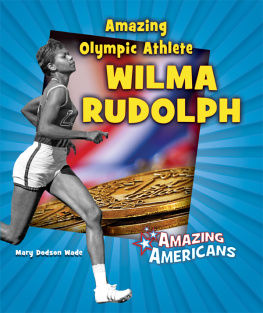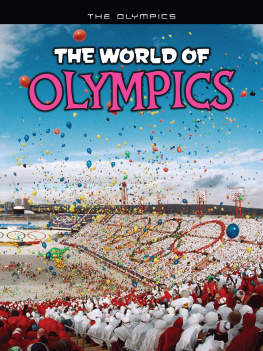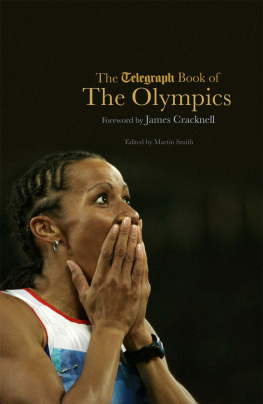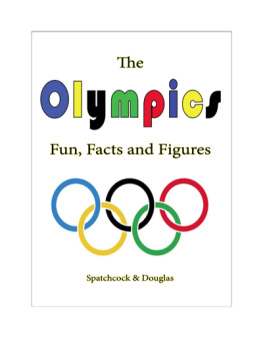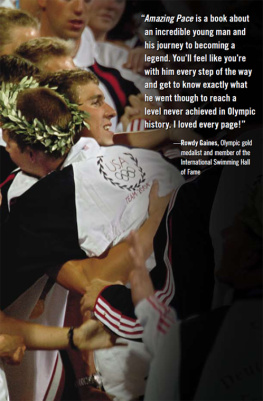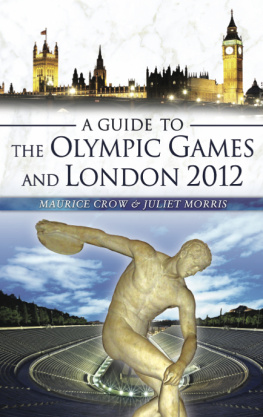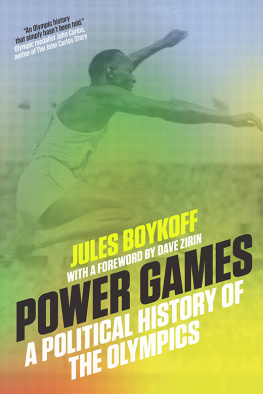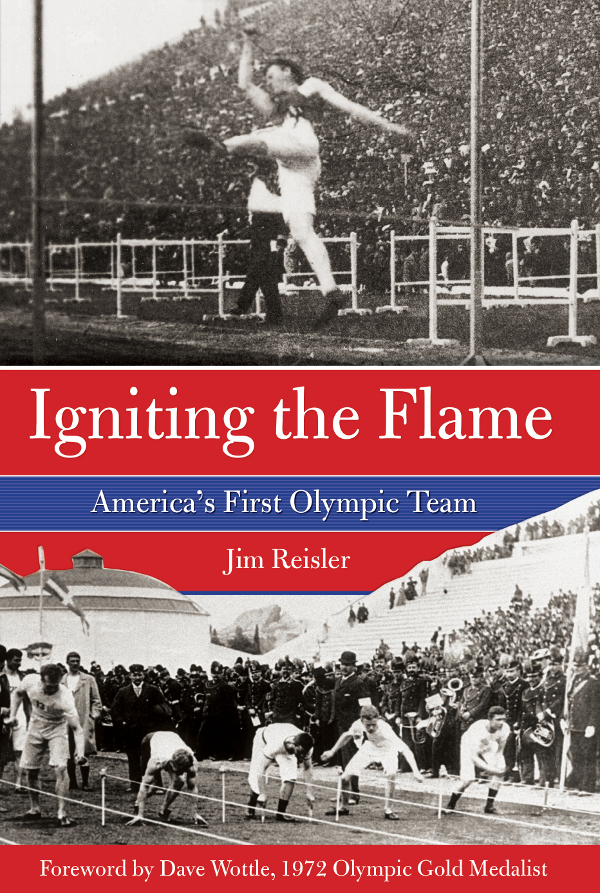Note that Woodward used the term, ivy college, not Ivy League as Adams is said to have used. So there is a discrepancy in the theory, although it seems probable the terms ivy college and the later Ivy League came from the sports world, particularly in 1954 with the formal start of the Ivy League conference.
THE US TEAM
Arthur Blake (Boston Athletic AssociationBAA) Track and Field1,500 meters, Marathon
Thomas Burke (BAA) Track and Field100 Meters, 400 Meters
Ellery Clark (BAA; Harvard) Track and FieldLong Jump, High Jump
James Connolly (Suffolk Athletic Club, South Boston) Track and FieldTriple Jump, Long Jump, High Jump
Thomas Curtis (BAA) Track and Field110-Meter High Hurdles, 100 Meters
Robert Garrett (Princeton) Track and FieldDiscus, Shot Put, Long Jump, High Jump
William Hoyt (BAA; Harvard) Track and FieldPole Vault, 110-Meter High Hurdles
Herbert Jamison (Princeton) Track and Field400 Meters
Francis Lane (Princeton) Track and Field100 Meters
John Paine (BAA) Shooting25-Meter Military Revolver
Sumner Paine (BAA) ShootingFree Pistol, 25-Meter Military Revolver
Albert Tyler (Princeton) Track and FieldPole Vault
Charles Waldstein (also known as Walston) (IOC) Shooting
Gardner Williams (BAA) Swimming
OTHER INFLUENTIAL ATHLETES
Launceston Elliot (Scotland/Great Britain) Gymnastics, Weight Lifting, Track and Field
Edwin Flack (Australia) Track and Field800 Meters, 1,500 Meters
Alfrd Hajs (Hungary) Swimming100-Meter Freestyle, 1,200-Meter Freestyle
Spiridon Louis (Greece) Track and FieldMarathon
George Robertson (Great Britain) Track and Field, Tennis, and Author of the Olympic Ode
OFFICIALS AND NOTABLES
Eben Alexander: US Ambassador to Greece, Romania, and Serbia
Eugene Andrews: Cornell Archaeologist and Journalist
Baron Pierre de Coubertin: Founder of Modern Olympic Games
Basil Gildersleeve: Journalist
John Graham (BAA): Manager of US Track and Field Team
Crown Prince Constantine of Greece: Olympic Supporter and Benefactor
George I, King of Greece: Olympic Supporter and Benefactor
Burton Holmes: World Traveler, Ace Photographer and Journalist, and Chronicler of the 1896 Olympic Games
Albert Meyer (Germany): Influential Photographer and Chronicler of the 1896 Olympic Games
Olga, Queen of Greece: Olympic Supporter and Benefactor
Rufus B. Richardson: Journalist
William Milligan Sloane: Princeton Professor and Leader of US Olympic Movement
James Sullivan: Director of US Amateur Athletic Union (AAU)
Benjamin Ide: Wheeler Cornell Archaeology Professor and Spectator
ELLERY CLARK HAD AN ISSUE. A HARVARD STUDENT WHO WAS ABOARD the SS Fulda on his way to Athens to compete in the 1896 Olympic Games, Clark wanted desperately to practice his specialty, the high jump. But the massive tankers constant pitching and rolling in the choppy Atlantic Ocean made practicing the event on the ship deck next to impossible. In the turbulence of open waters, a successful practice jump depended on the angle of the ship. If the deck was going up, about two feet was the limit; if [it were headed] down, there came the glorious sensation of flying through space, Clark said. A worlds record appeared to be surpassed with ease; and your only fear was of overstaying your time in the air, and landing, not upon the decks again, but in the wake astern.
In another part of the SS Fulda, James Connolly faced his own dilemma. Clarks teammate at Harvard and headed to Athens to take part in the triple, long, and high jumps, Connolly had strained his back working out in the college gymnasium only two days before sailing. For now, he could do little more to ease his discomfort than take daily walks around deck, sleep in the oversized steamer chairsand hope he would feel better. So hour after hour each day, Connolly stretched out in his steamer chair, content with just sitting there and looking out on the blue sea through the open rails, he recalled. At the same time Connolly harbored a desperate fear that the injury would fail to heal in time for the start of the Games, he vowed to maintain an upbeat perspective by absorbing the excitement and reveling in the adventure. After all, the Games were only part of the voyage, the Bostonian said. Here I was sailing the high seas, and Athens would be there when I got there It was swell. Just to be gazing out on the deep blue waters was satisfying something deep inside of me.


